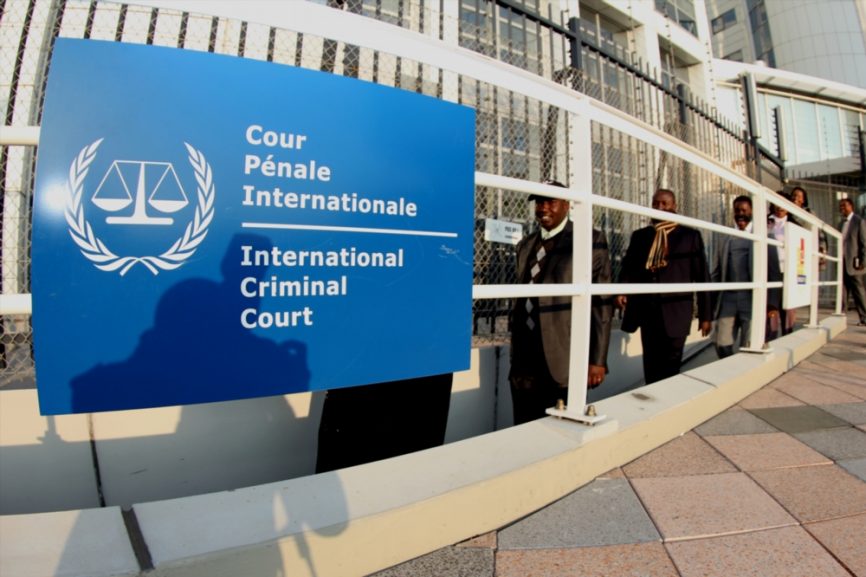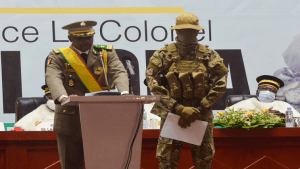The International Criminal Court on Saturday said it has taken into custody at its detention centre in the Netherlands a Malian man accused of war crimes and crimes against humanity.
The suspect, identified by the ICC as Al Hassan Ag Abdoul Aziz Ag Mohamed Ag Mahmoud, was indicted for crimes allegedly committed as de-facto chief of Islamic police in Timbuktu in 2012 and 2013 including destroying cultural monuments and enforcing policies that led to sexual enslavement of women and girls.
The detention of Al Hassan is a boost for ICC prosecutors. The only other suspect arrested in Mali’s conflict, Ahmad al-Faqi al-Mahdi, pleaded guilty to destruction of cultural heritage for his participation in smashing mausoleums. He was sentenced to nine years in prison in 2017 after apologizing for his actions, and could appear as a witness against Al Hassan.
Victims’ groups had been critical of the court for the limited scope of al-Mahdi’s indictment, though his case was widely viewed as a landmark because it was the first time a person has been convicted of a war crime solely for destruction of cultural artefacts.
In Al Hassan’s case, judges said prosecutors had presented enough evidence to issue an arrest warrant for crimes against humanity including “torture, rape and sexual slavery; persecution of the inhabitants of Timbuktu on religious and gender grounds; and other inhumane acts.”
Al Hassan will have an initial court appearance next week at which he will be informed of the allegations outlined in his arrest warrant. He is not yet required to enter a plea.
Prosecutor Fatou Bensouda said in a statement she had asked judges to issue an arrest warrant for Al Hassan on March 20, and the warrant was issued under seal on March 27. Malian and Dutch authorities cooperated in the handover.
Bensouda, who has been criticized for obtaining few convictions during her tenure, said her selection of Al Hassan for prosecution showed her commitment “to bring forward cases only guided and built on a strong evidentiary foundation.”
She said it also signaled her intent “to address the untold suffering inflicted upon the Malian population and what they hold dear as a people.”






